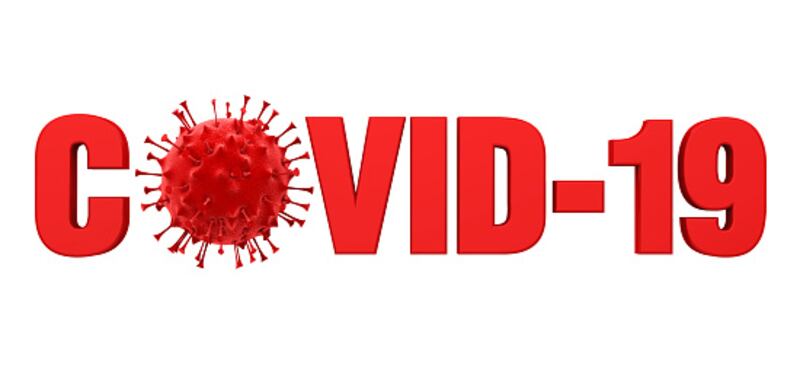The National Health Commission (NHC) and State Administration for Market Regulation (SAMR) recently announced tighter food safety and quality regulations for two major food and beverage categories in the country – non-alcoholic beverages and dairy products.
For non-alcoholic beverages, the focus was mainly on food safety and adherence to sensory characteristics such as colour, taste, smell and overall condition of the product, as well as microbial content for fermented products containing bacterial strains.
“Sensory characteristics are [crucial to determining the state] of a beverage, and the industry will need to ensure all beverages manufactured and sold in China fulfil national requirements, including normal colour, normal taste, normal aroma and the absence of any visually-detectable contamination,” SAMR said via a formal statement.
“Analytical testing methods [have also been provided] via these new regulations to ensure that beverages are safe for consumption based on sensory characteristics; and certain types of beverages will also need to have additional confirmation tests conducted.
“For example, canned fruit and vegetable juices will need to be tested for zinc, copper and iron traces (must be below 20mg/L), almond-containing beverages will need to be tested for cyanide traces (must be below 0.05 mb/L), soy-containing beverages tested for urease (must be negative), and fermented beverages tested for colonies, mold, yeast and other factors to ensure the safety of these.”
In addition, the agency has also zoomed in on dairy products by implementing stricter regulations for concentrated dairy items such as condensed milk and evaporated milk, similarly also stating specific sensory characteristics to be met in addition to meeting sufficient protein and fat contents.
“[Products in] this category must also not contain any visible foreign bodies, where any liquids must be free of any clots and precipitation and any viscous products must be smooth, even and moderate in its viscosity,” it said.
“Specific standards have also been designated for low-fat and skimmed condensed milk products, [and labelling of these] should be in accordance with these standards moving forward.”
For instance, full-cream condensed milk must contain above 7.5g/100g of fat content, low-fat between 1g to 7.5g and skimmed less than 1g.
The food and beverage industry have been given several months to transition to both of these new regulatory standards, with enforcement expected to begin on December 30 2022.
‘Cheese’ vs ‘cheese products’
In addition to these, one final change made by SAMR and NHC has been to more tightly regulate the quality of cheeses in the country, where from now on only products containing above 50% of ‘real cheese’ (dairy) content.
“For a product to be termed as ‘cheese’, it must now contain a ratio of at least 50% of real cheese content as its main raw material [to ensure its quality],” said SAMR.
“All other items containing between 15% to 50% of real cheese can now only be termed as ‘cheese products’ and this will be considered a new category for regulatory enforcement.
“All the necessary sensory and food safety standards will still apply for both the cheese and cheese product categories.”
This new regulation will also come into effect on December 30 2022, and after that any firms continuing to use the label ‘cheese’ for products with less than 50% of real cheese content will face penalties accordingly.




